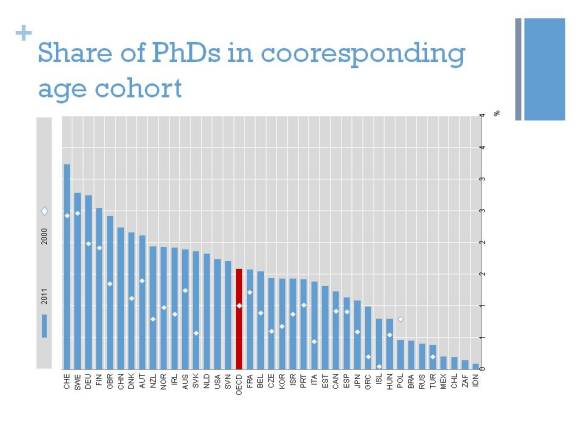In 2000, economist Steven Levitt and sociologist Sudhir Venkatesh published an article in the Quarterly Journal of Economics about the internal wage structure of a Chicago drug gang. This piece would later serve as a basis for a chapter in Levitt’s (and Dubner’s) best seller Freakonomics. [1] The title of the chapter, “Why drug dealers still live with their moms”, was based on the finding that the income distribution within gangs was extremely skewed in favor of those at the top, while the rank-and-file street sellers earned even less than employees in legitimate low-skilled activities, let’s say at McDonald’s. They calculated 3.30 dollars as the hourly rate, that is, well below a living wage (that’s why they still live with their moms). [2]
If you take into account the risk of being shot by rival gangs, ending up in jail or being beaten up by your own hierarchy, you might wonder why anybody would work for such a low wage and at such dreadful working conditions instead of seeking employment at Mc Donalds. Yet, gangs have no real difficulty in recruiting new members. The reason for this is that the prospect of future wealth, rather than current income and working conditions, is the main driver for people to stay in the business: low-level drug sellers forgo current income for (uncertain) future wealth. Rank-and file members are ready to face this risk to try to make it to the top, where life is good and money is flowing. It is very unlikely that they will make it (their mortality rate is insanely high, by the way) but they’re ready to “get rich or die trying”.
With a constant supply of new low-level drug sellers entering the market and ready to be exploited, drug lords can become increasingly rich without needing to distribute their wealth towards the bottom. You have an expanding mass of rank-and-file “outsiders” ready to forgo income for future wealth, and a small core of “insiders” securing incomes largely at the expense of the mass. We can call it a winner-take-all market.
Academia as a Dual Labour Market
The academic job market is structured in many respects like a drug gang, with an expanding mass of outsiders and a shrinking core of insiders. Even if the probability that you might get shot in academia is relatively small (unless you mark student papers very harshly), one can observe similar dynamics. Academia is only a somewhat extreme example of this trend, but it affects labour markets virtually everywhere. One of the hot topics in labour market research at the moment is what we call “dualisation”[3]. Dualisation is the strengthening of this divide between insiders in secure, stable employment and outsiders in fixed-term, precarious employment. Academic systems more or less everywhere rely at least to some extent on the existence of a supply of “outsiders” ready to forgo wages and employment security in exchange for the prospect of uncertain security, prestige, freedom and reasonably high salaries that tenured positions entail[4].

HT: Fabius Maximus